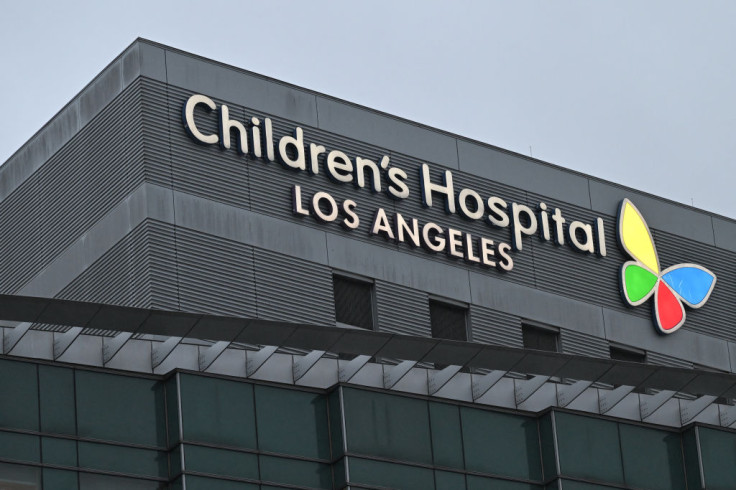
A 4-year-old Mexican girl receiving life-saving treatment in the U.S. is no longer slated for deportation after being allowed to stay for a year in the country.
U.S. Citizenship and Immigration Services (USCIS) issued on Tuesday a one-year humanitarian parole for the girl, identified as Sofia to protect her identity, and her mother.
Gina Amato Lough, an attorney representing the family, told CBS news that the development will allow Sofia to continue receiving medical treatment, without which she would have died in a matter of days.
The news follows weeks of uncertainty for Sofia and her Mother, Deysi Vargas. The Department of Homeland Security (DHS) revoked the family's humanitarian parole and work authorization in April, instructing them to self-deport.
Attorneys for the family said they believed the decision did not respond to an individual assessment, and a senior DHS official had told NBC News that a parole application was under review. In the meantime, however, the family stayed in the country without a clear legal status or work authorization.
Sofia has been diagnosed with short bowel syndrome, which prevents her from properly absorb nutrients. Her survival depends on Total Parenteral Nutrition (TPN), an intravenous treatment that appears to be unavailable outside the United States.
Doctors treating Sofia had warned that interrupting her treatment could lead to her death in a matter of days. Vargas said that doctors in Mexico, where Sofia was diagnosed at 7 months old, had advised her to seek the required specialized medical care in the U.S.
The family initially entered the U.S. in July 2023 through the now-defunct CBP One app, set by the Biden administration to legally request asylum in the country, and had been granted humanitarian parole to pursue medical treatment.
Sofia received initial hospitalization in San Diego before being transferred to Children's Hospital Los Angeles, where she has been treated for the past year. She gets 14 hours of treatment at night at home and then uses a portable unit in a backpack during the day. She also requires around the clock care.
Amato Lough told CBS that similar cases abound, even if they don't revolve around urgent medical needs. "Many families who seek refuge in the United States are fleeing threats you can't see and, while their wounds may be invisible, the danger they face is every bit as real," she said.
© 2025 Latin Times. All rights reserved. Do not reproduce without permission.





